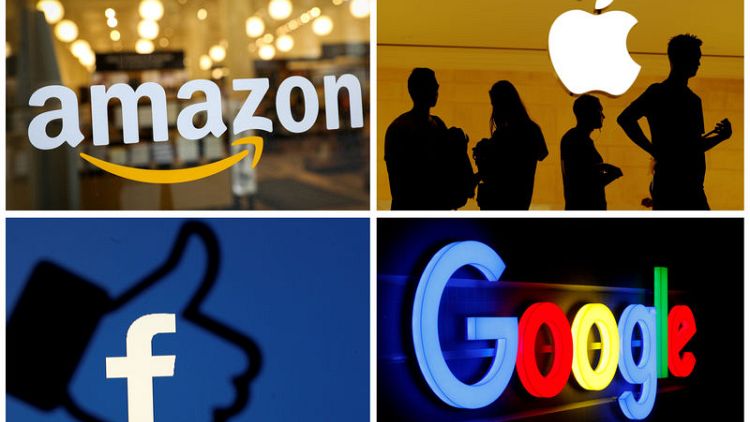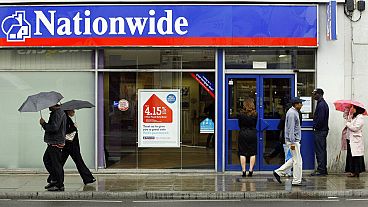WASHINGTON/SAN FRANCISCO (Reuters) - Four top U.S. tech companies, Alphabet's Google, Facebook, Amazon.com and Apple, responded to questions from a congressional committee with a mixture of defending their practices and declining to give answers.
The House of Representatives Judiciary Committee, which released the answers on Tuesday, had sent the queries as part of its probe of the four giants, which face a long list of other antitrust probes.
The companies, long a symbol of the most dynamic aspect of the U.S. economy, have seen their reputations tarnished by privacy lapses and allegations they abused their perch on top of the market to hurt small and nascent rivals.
In its responses, Google, which owns YouTube, repeatedly denied favouring its own services over those of competitors in areas such as search, video and internet browsers.
It said "the vast majority" of clicks following a Google search go to non-Google websites, that results from its YouTube offering are not given greater weight than video rivals', and that its word processing and analytics tools are designed to work well with all browsers, not just its Chrome product.
Despite its huge collection of data on search queries and clicks, Google said it could not provide much of the data sought by the committee. For example, asked whether it could share how many searches display location information about a business, Google said, "We do not have a standard definition for what searches are considered 'location searches' and thus, cannot provide the specific information requested."
For its part, Facebook acknowledged cutting off certain third-party apps from its developer platform for replicating core functionalities, such as Twitter's Vine, which it said replicated Facebook's own News Feed product.
But it provided limited answers to other questions on the company's handling of prospective competitors. For example, asked for the timing and "exact circumstances" that led it to remove apps Phhhoto, MessageMe, Voxer and Stackla, Facebook replied that it "will restrict apps that violate its policies," without disclosing details.
Apple answered basic questions about its browser and the commissions it pays in its App Store, and many other things, most of which are generally known. For example, it said exactly two employees had sought to take disputes to arbitration. But asked how much it had spent on its map app that competes with Google, it said only "billions."
Amazon.com said in its response that it uses aggregated data from merchants on its third-party marketplace for "business purposes," but denied using the data to launch, source or price private-label products.
As of Sept. 29, there were approximately 384,000 U.S. active individual seller accounts on Amazon and approximately 514,000 active professional seller accounts in the U.S, the company said.
(Reporting by Diane Bartz, Nandita Bose and David Shepardson in Washington; Paresh Dave and Katie Paul in San Francisco; Editing by Nick Zieminski)



